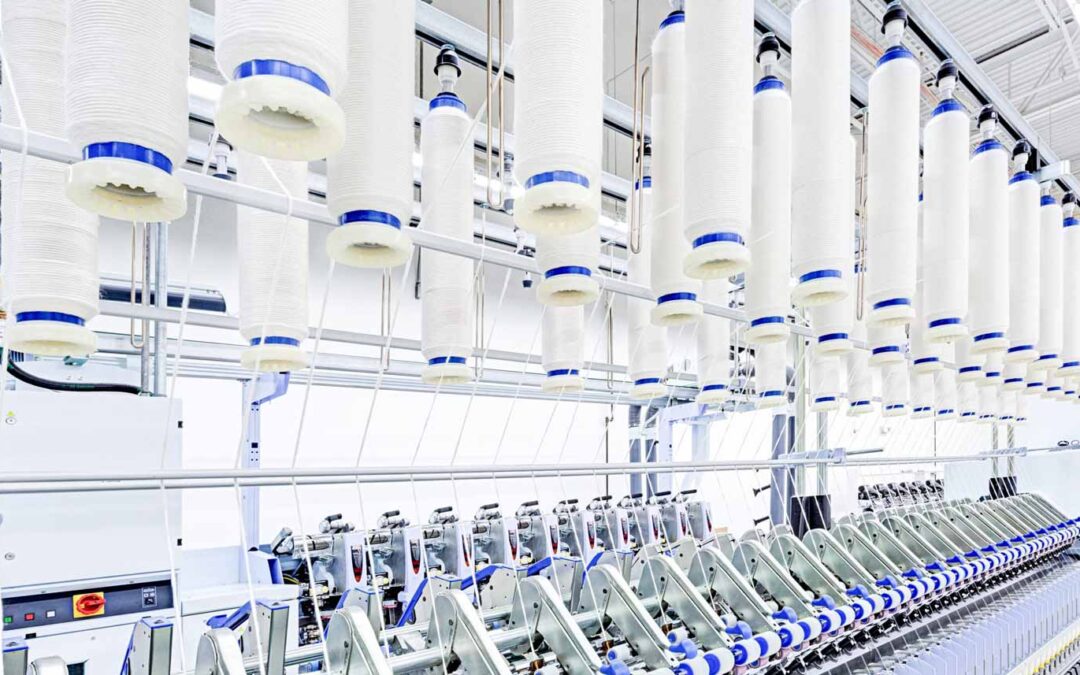Polyester: Energy Intensive and Extractive
Polyester is the most commonly used synthetic fiber, making up more than half of the global fiber market in 2018.1 It is also made from crude oil, just like plastic; it is plastic. This means that polyester relies on a non-renewable resource extracted from the earth in a way that releases greenhouse gases into the environment and can cause other environmental impacts.2 Even when recycled, an energy-intensive process, polyester will never be biocompatible. Also, the mechanical recycling process usually produces fibers of lower quality requiring them to be blended with virgin fibers to achieve garment performance specifications and cannot be indefinitely recycled, rather the recycled textile would only get one additional use cycle.3
Producing polyester is also more energy intensive than producing cotton. While one kilogram of cotton requires around 17 kilowatt hours (kwh) of energy to produce, a single kilogram of polyester requires over 35 kwh to produce – more than double the energy! This difference in energy could power a common LED home light bulb for 88 days in your home.4



